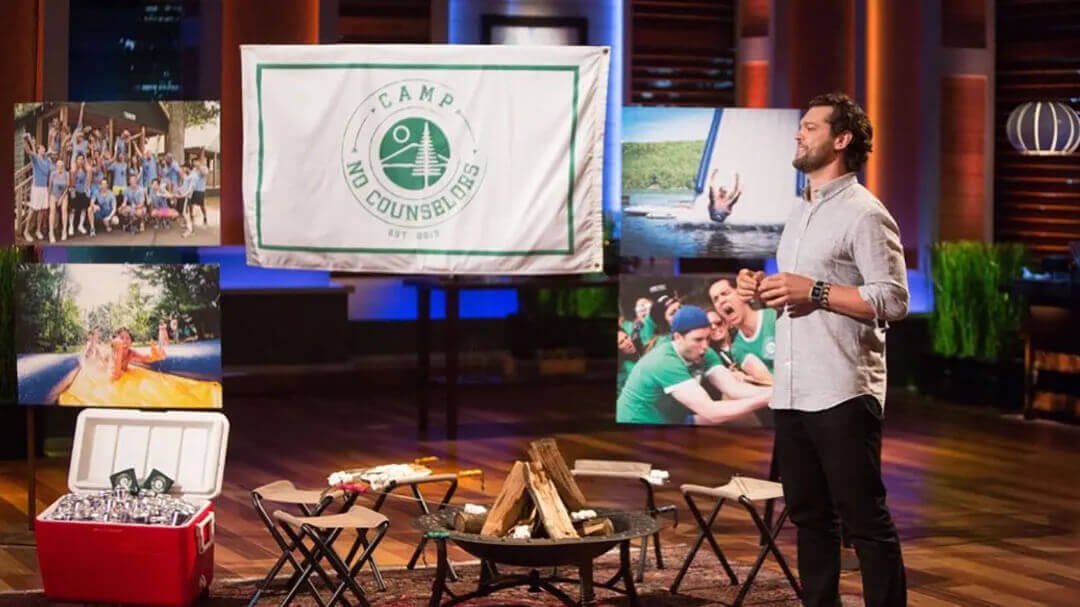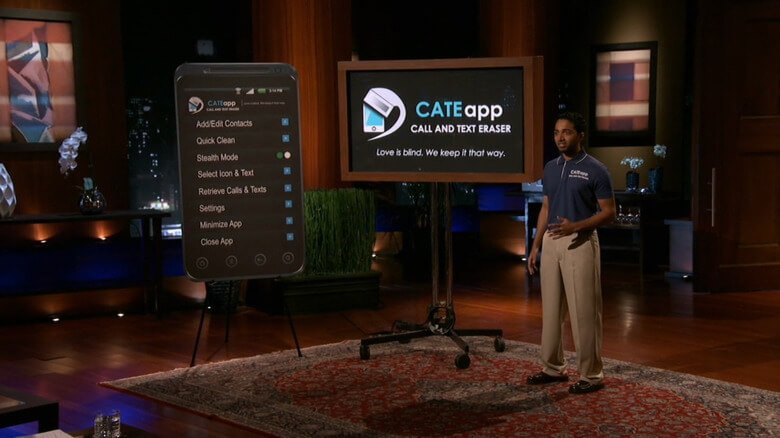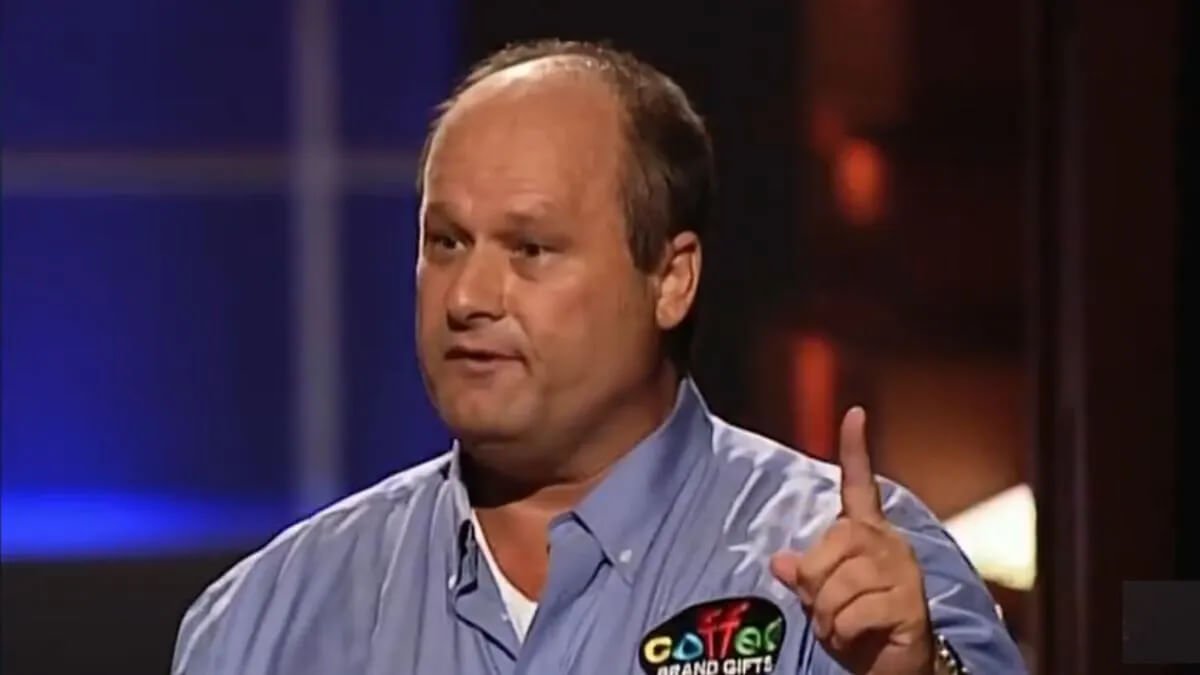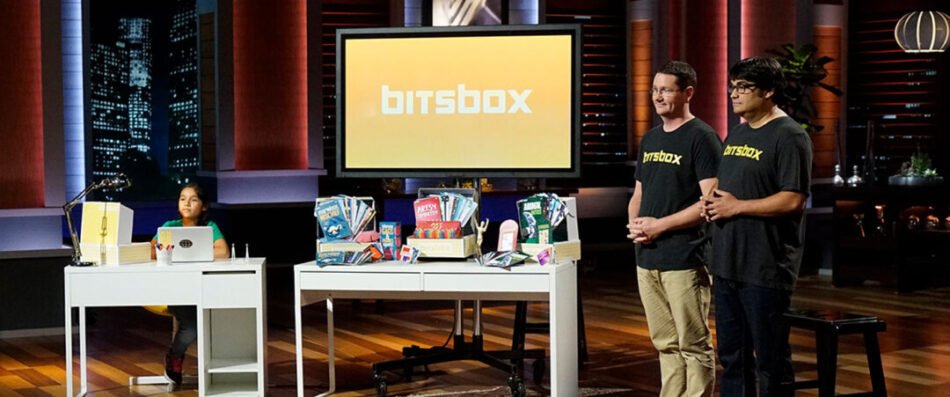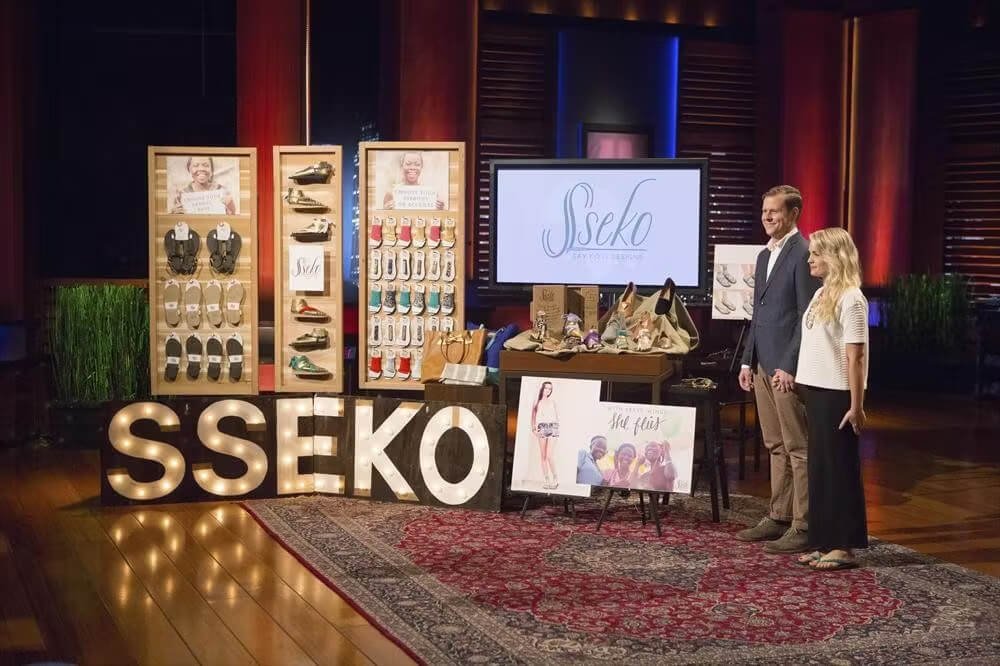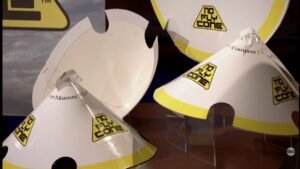Let’s kill a myth right up front—most Shark Tank pitches don’t change your life overnight. But some build a buzz even without a handshake. Camp No Counselors did just that. When they hit Season 7, everyone wanted to know: Is grown-up summer camp legit … or just nostalgia in a shot glass?
Founder Adam Tichauer came to the Tank with a promise every overworked millennial secretly craves: a chance to relive camp, but this time with open bars, co-ed cabins, and absolutely zero counselors yelling lights-out. Grown-up play, childhood campfire, adult privileges. You see the hook.
But here’s the real question: Did the Sharks bite, or did they think this was just an Instagram fad with a ticking clock?
Let’s put away the roasted marshmallow dreams and talk bottom line—the pitch, the deal, the post-show hustle, and where Camp No Counselors stands now.
Contents
Toggle2. The Pitch: Adam Tichauer Steps Up to the Sharks
You could spot Adam Tichauer a mile away—a founder who’d battled for every ticket sale and spent his own weekends hustling campers, not sitting in VC meetings. When he pitched for $300,000 for 7.5% equity, he didn’t just toss out spreadsheets. He brought the full campfire fantasy—s’mores, mimosas, and a bold claim that nostalgia plus social connection equals a profitable weekend formula.
The Sharks got the full experience. No suit-and-tie, just the energy of someone who knew his demo: thirty-somethings with cash, craving connection and a break from tech drains.
Adam didn’t ask for a wild valuation. He was banking on rapid growth—the kind you see when a cult hit starts hitting mainstream. You could tell he’d been practicing this story at every pitch event and crowdfunding panel in New York.
But here’s where it gets juicy. Did he ask for too little? Not enough? I’ve seen founders choke on greed. Adam? He played it like he knew the actual costs, the margins, and the expansion ceiling.
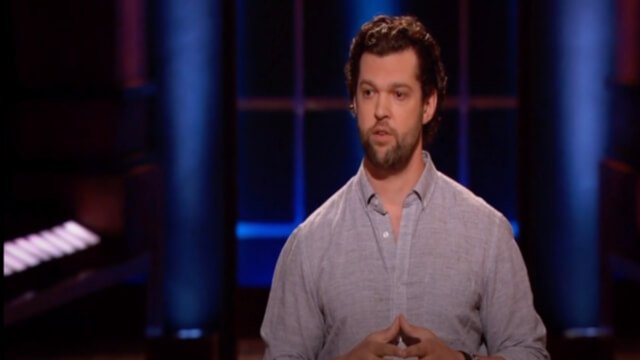
3. The Business Model: Renting, Flipping, and Scaling Camps for Adults
Here’s what I love: Adam didn’t buy land, build cabins, or sink millions into property. That’s how you lose your shirt before you ever run your first summer session. He rented underused summer camps during the off-season—locations already built for fun, but mostly empty after Labor Day.
He flipped them into adult playgrounds for a weekend, handling everything from the no-counselor vibe to the bottomless brunch. No need for a capital-heavy asset play—just straight-up experience innovation. He paid the camps a rental fee, handled marketing, and staffed with whoever made the vibe work.
This allowed insane flexibility. If New York picked up? Scale LA. LA burning out? Try Chicago. You don’t have to maintain property year-round or staff when there’s no event.
Margins? Tight but functional. Since staffing and insurance were variable, and your infrastructure fees were baked in, each event could basically run as a mini pop-up.
Is it perfect? No. But in event business, variable costs and flexibility can be your rocket fuel. That’s why the Sharks listened.
4. Money Talk: Revenue, Growth Numbers, and Net Worth
We all know the Sharks are obsessed with numbers. Here’s how Adam landed the room:
- Four camps, $160,000 gross, first full summer.
- Next year—11 camps, $730,000 gross. That’s not pocket change in the event game.
- On pace for $800,000 and $160,000 profit the year of the pitch.
Solid. No pipe dreams, but not runaway. Most events have razor-thin margins; Adam’s math was believable because he didn’t own the risk—he rented it.
So, SharkWorth (the go-to for net worth goss) doesn’t have a blowout number for Camp No Counselors, but let’s estimate. If they kept scaling to, say, 20 camps a year at that $160K profit… that’s maybe a $1.2–1.5 million annual gross, maybe a $250–300K profit in a good year. Not unicorn, but healthy. Residual brand value? Maybe $2–3 million if you can package the brand for acquisition.
Can it hit $10M someday? If the brand gets corporate clients, goes international, or lands a recurring celebrity anchor—maybe. But right now, this is a hustle business, not a set-it-and-forget-it SaaS play.
5. Shark Reactions: Who Bit, Who Balked, and Why
Here’s how this pitch went—classic Tank drama.
Lori, Robert, Daymond, and Kevin all nodded, smiled, and then scattered. Questions about defensibility, event risk, and the fad factor flew. Most Sharks don’t love events unless there’s tech, IP, or steep recurring revenue.
Mark Cuban? He was the only one smelling a potential play—maybe for Mavericks events or live activations. He countered: $300,000, but at 25% equity. Serious haircut. That’s almost Shark-standard for I like it, but your risk is high and margins are slim.
Adam’s answer? No dice. He knew what he built, and he left the pitch without a deal—but with credibility. I’ve seen founders fold after that kind of counter. Adam walked, confidence intact.
The guy bet on himself. It’s risky, but if you know you’ve got a brand and community, you can do it. Sometimes walking is the flex.
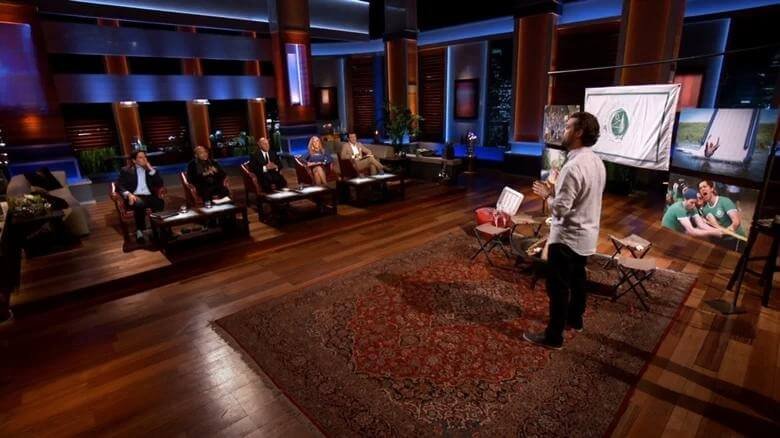
6. What Happened After Shark Tank: Still in Business or Faded Out?
Here’s my favorite part: where do they stand after the big dance?
Most post-show products get 15 minutes of web traffic and then fade unless they can scale fast or lock in a distribution deal.
Camp No Counselors? They stayed alive, even after walking away from the money. They kept throwing sold-out camps. The model worked. Adult campers came for nostalgia, connection, and a party they couldn’t get at a generic wedding venue or club weekend.
They even took the Shark effect and flipped it into better press, social traffic, and brand recognition. You want proof? Google trends, repeat bookings, news coverage years after airing.
Winners aren’t the ones who close a deal in the Tank—they’re the ones still collecting revenue after the outro. Camp No Counselors was that business.
7. Camp No Counselors Today: Where Is the Brand Now?
Fast forward. It’s 2025, and Camp No Counselors isn’t just a memory. They still pop up in multiple cities, still land the same fun-loving, urban 30-somethings. The s’mores haven’t gone stale.
Any major pivots? They added corporate retreats as a side play—smart, because the margins are better and the market is wider. Bored sales teams need fun, too, and this model fits that perfectly.
Still operating on the rental model, still chasing event demand seasonally—not every weekend, but enough to stay visible. That’s how they survive the post-COVID era, changing travel patterns, and all the fads that have killed off eight similar businesses since.
Is it big like a Bombas or a Scrub Daddy? No. It’s more like an annual niche tradition, with a high ticket price, tight brand love, and enough flexibility to keep going.
Check the website? They’re still taking bookings. The Instagram is still alive. It’s not unicorn territory, but it’s solid lifestyle business with national muscle.
8. Lessons for Entrepreneurs: What You Should Take Away
Here’s where you, the side-hustler or founder, should pay attention:
1. Don’t burn cash owning assets until you know your customer. Rentals let you flex and scale only if people want what you’re offering.
2. Build a brand that travels. Camp No Counselors was more than a party—it tapped into a real nostalgia and community hunger.
3. Events are brutal, but if you keep margins up, you can win. Focus on what you control (price, experience, marketing); rent the rest.
4. The perfect Shark Tank deal doesn’t exist. Cuban offered 25%—for many, that’s a hard pass. The founder knew his worth.
5. Post-show grind is everything. Most sales come from your hustle, not your one-minute TV highlight.
6. Monetize loyalty. Repeat campers, word of mouth, and corporate up-sell are all higher margin than chasing strangers every time.
This business works because the founder didn’t treat it like a hobby. He played the numbers, the narrative, and the nostalgia.
9. Conclusion: Does Camp No Counselors Have Staying Power?
So—does grown-up camp have legs? With or without a Shark, Camp No Counselors is still standing. They didn’t get instant millions, but they got something better: a business that pays for itself, serves a hyper-targeted audience, and keeps the fun alive when most event startups are forgotten.
If you’re pitching, learn from Adam Tichauer—stand firm, know your numbers, build a brand that matters, and don’t panic when the big deal slips away.
Shark Tank is a headline, not a passport. The real game? Outlasting the instant fame and building something repeatable. Camp No Counselors cracked that code.
FAQs
1. Is Camp No Counselors from Shark Tank still in business?
Yes, they are still running adult camp events and corporate retreats across various U.S. cities.
2. Did Adam Tichauer ever end up closing a deal with a Shark after the show?
No. Mark Cuban offered $300K for 25%, but Adam declined. There was no deal post-show.
3. How much is Camp No Counselors worth now?
Reports from SharkWorth and industry sources peg value in the low millions—think $2–3 million by now.
4. What does a weekend at Camp No Counselors include?
Your ticket gets you games, open bars, meals, cabin sleeping, big parties, and zero forced activities.
5. Has the business changed its model since Shark Tank?
The core rental model is the same, but they’ve added more focus on corporate and custom events.
6. Are there any Camp No Counselors locations outside the US?
No permanent international locations, but they’ve teased interest if demand is strong enough.
7. Who is the typical customer these days?
Mainly 25-40-year-olds in big cities, looking for unique group getaways or creative corporate off-sites.
8. Does the company offer anything for corporate retreats or team building?
Yes, they’ve grown this segment post-Shark Tank—more revenue, higher margins, and repeat business.
You want to build a fun business that actually lasts? Take notes—this is how the game’s played, Sharks or not.

